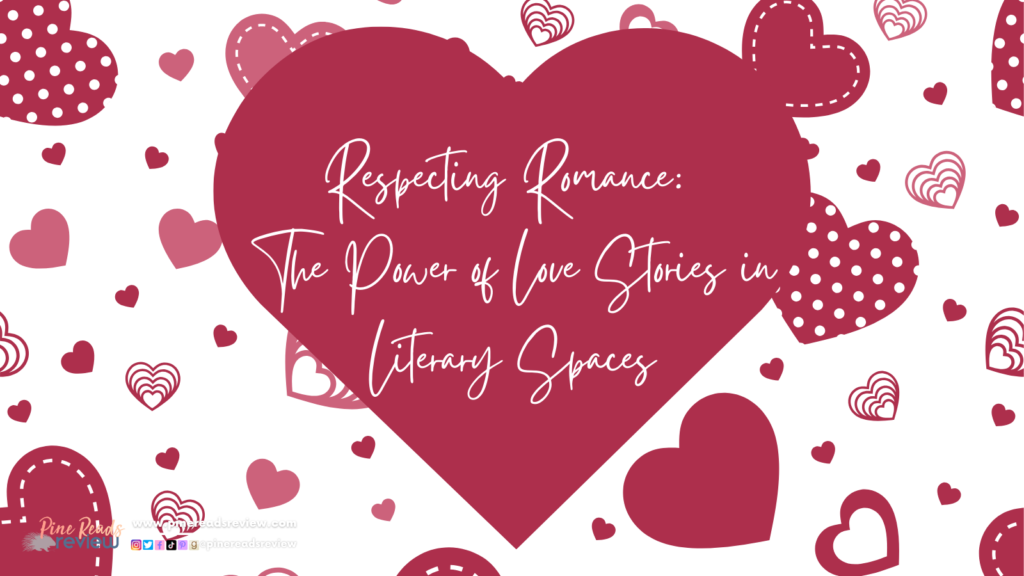
With the recent release of season three of the pop culture phenomenon Bridgerton, a regency-era television series based on a set of romance novels by Julia Quinn, the romantic genre (both in literature and in television) has moved to the center of a lot of social conversations. The popularity of this series is reflective of the rise of romance as one of the most popular and talked about genres in literature, garnering both positive and negative attention from the literary world and beyond.
The romance genre, while attracting increasingly positive engagement, especially on social media (looking at you, BookTok), is frequently degraded within “higher-brow” literary spheres for its emphasis on emotion rather than pure fact and logic. Romance as a genre also historically centers around a female character and is marketed towards female audiences, and, if responses to things like boy bands and “chick-flicks” have taught us anything, it’s that people love to deride cultural items with primarily female audiences.
Despite being often seen as part of a less “academic” or “deep” genre, romance novels explore important themes, holding a mirror to social issues in a creative and emotional way that can be valuable to readers of all backgrounds. I have found some of the most important messages about love, life, and loss in the pages of a romance novel, and I hope that as the genre gains popularity it will also gain recognition for the ability to connect readers to moving lessons and themes.
Love stories have the unique ability to speak to the full range of human emotions in a relatable (and often heartwrenching) way. It’s no surprise that the genre has gained so much popularity. Unlike the conflicts and ideas that pervade science fiction, fantasy, historical fiction and more, every reader can relate to the themes of love and human relationships that form the backbone of the romance genre, making the messages all the more relatable and impactful. In this spirit of relatability, it also merits mentioning that the romance genre has done an excellent job in recent years in drawing in people who previously had never considered themselves “readers.” You only have to look up “#BookTok” on TikTok to discover a far-reaching community of readers who discuss a love for reading with what seems to be an emphasis on the romance genre. Young adults who previously never saw a space for themselves in the literary world have found a love for love in the promotion of romantic stories in this social media space.
As with all book genres, romance has many areas for improvement; there are certainly many valid criticisms of the genre, with one of the most crucial being a lack of diversity in many of the most popular romantic titles (specifically those endorsed on TikTok, like titles by Colleen Hoover and Tessa Bailey). Many authors continue to rise to the occasion to combat this obvious problem. Authors like Talia Hibbert, Helen Hoang, Nicola Yoon and Kevin Kwan have cemented themselves as true forces in the romance genre, publishing beautiful love stories with a diverse and compelling cast of characters and perspectives.
As conversations about the merits of romantic literature continue, it is important to remember the ways in which love stories can affect, teach and inspire us while we acknowledge issues in the genre and work to improve it.
Sam Parker, Pine Reads Review Writer